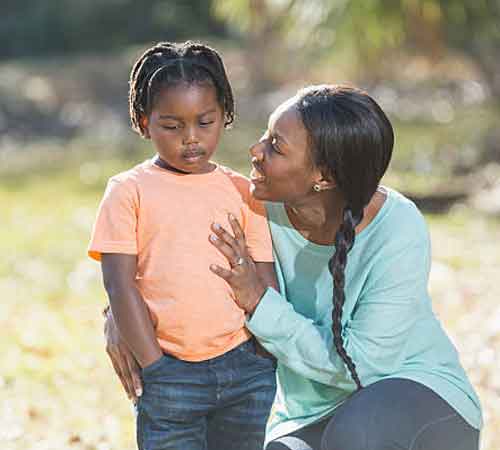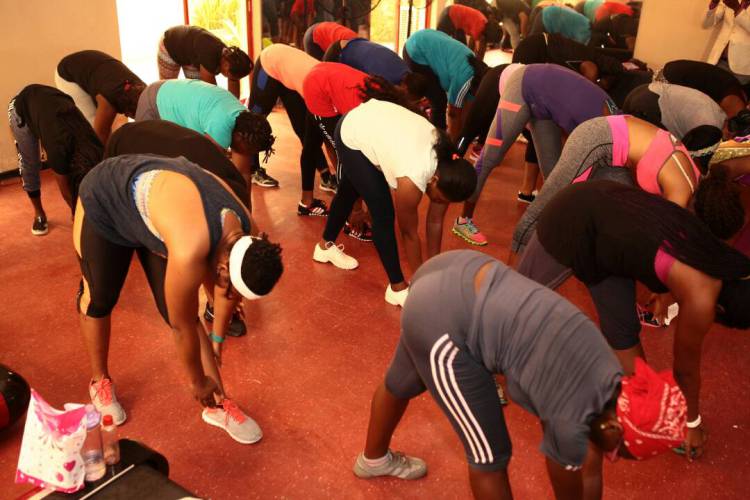

Do you know that there is a way you teach kids to share that works?
Sharing is a foreign concept to most young children. Getting angry at them shows kids that sharing is just about compulsion and that dwarfs the true message of empathy and harmonious co-existence.
Here’s how to help your kid understand what sharing is all about.
1. Be A Good Role Model
One of the best ways to get your youngster to learn generosity is to exemplify it. So, share your cookies, fish, drinks, with them. It is one of the best ways to teach kids to share.
Offer up your scarf for a superhero’s cape, and ask if you can play with their new toy.
Sharing is about more than possessions.
If we parents share our time and things, our kids will learn to do it too.
Try to use the word “share” to describe what you’re doing, and let your child know that you can share your time, a story, a feeling, or an idea, as well as sharing material things.
Most importantly, let them see you give and take, compromise, and share with others.
2. Catch Them Young
From the time your child can grasp an object, they are ready to get enrolled into mummy’s special home-school of sharing classes.
You can begin to teach your kids to share by passing the object back and forth while reciting “my turn, your turn.”
Learning how to take turns is a great take-off point in teaching children how to share.
3. Link It To Fun
Teach your child(ren) cooperative games in which they have to work together with others, rather than competitive games that focus on winning.
You could try doing a jigsaw puzzle together, taking turns to add pieces. Or you could blow up a balloon and play keep-it-up.
Share chores, too: water the plants, sweep the floor, or unpack the shopping together, etc. Teach kids to share by linking this concept to a fun activity.
4. Talk It Out
Your toddler’s playroom is bursting with toys, yet whenever a friend comes over, it is the exact toy his young friend reaches for your son wants; leading to a struggle that would soon replace the fun and laughter with tears and tantrums.
I bet you can relate.
When your child squabbles with a pal over a possession, try to intervene before things become too heated.
If either child starts having a full-blown tantrum, try to remove your child from the area until things have calmed down—it usually doesn’t take that long with children.
Once both children are ready to listen, talk the situation out with them in a mild and thoughtful way.
If she’s reluctant to share a particular toy, find out why and maybe you’ll discover that she especially prizes her barbie dolls because they were a gift from Dad.
SEE ALSO: How To Set Parenting Goals With Your Partner
5. Acknowledge And Praise Your Kid When You See Them Sharing
Ever feel like you’re constantly hounding your kid to share, to not yank a toy from someone, or that it’s another child’s turn?
Instead of focusing too much on where she’s going wrong, consider moving your attention to the times when she’s doing the right thing?
Thing is, kids, respond better to positive reinforcement than to incessant correction.
Adopting the mechanism of praising your toddler when you see them sharing—no matter how small the gesture—as opposed to pointing out when she’s not will serve you better.
Spotlight those little moments and acknowledge how well she’s sharing.
Things you could praise her for include: thinking of others, for taking turns, or for offering a beloved toy to her little brother, friend etc.
You’d be surprised these simple praises will be more effective at teaching her how to share than reprimanding her each time she fails to.
6. Avoid Labeling Possessions
Does it drive you crazy when your toddler screams “That’s mine!” when someone tries to play with his toys?
One of the most effective ways to change this habit is by not saying/labeling which items belong to whom.
While it’s not bad to designate some personal items, like a birthday or special presents from time to time, labeling every other thing makes them more likely to be possessive of the items that are entirely personal.
7. Make Toys Communal.
Refer to them as everyone’s toys to encourage communal ownership rather than a single person owning particular items.
The benefit of this is that they won’t feel like they have to possess their items or protect ownership from their siblings.
Find more tips on parenting here.




